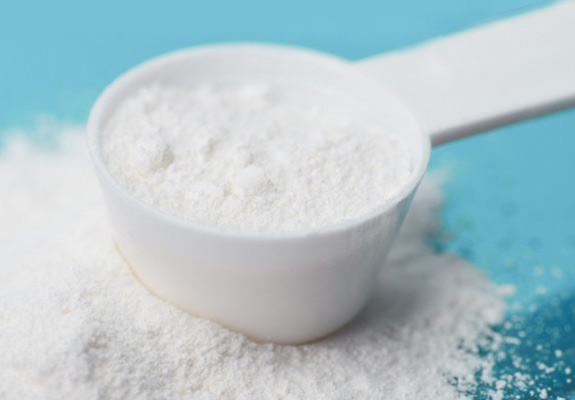L-Carnitine is a non-protein amino acid found in meat, fish, milk and dairy products.
It plays a role in lipid metabolism by transporting long-chain fatty acids into the mitochondria and is a popular supplement for fat burning, energy promotion and blood pressure.
Many studies have been conducted on L-Carnitine, and now a new meta-anlysis which reviewed a number of these studies has concluded that the overwhelming evidence demonstrates effectiveness for weight loss and blood pressure control.
Study details
The meta-analysis was conducted by researchers from the Sungshin Women’s University and Gyeongin Regional Korea FDA, and was published in the journal Nutrients on September 12, 2020.
Researchers said it was “the first meta-analysis to investigate the effect of L-Carnitine supplementation on the biomarkers of metabolic syndromes.”
The analysis examined dozens of Randomized Controlled Trials (RCTs) from numerous countries, then narrowed the field down to nine RCTs that met the required criteria of the meta-analysis.
The main criteria the researchers required to be included was that the RCT must have examined at least one of the related biomarkers—waist circumference, blood pressure, fasting blood sugar, blood triglyceride, or HDL cholesterol.
In the RCTs included, the dose of L-Carnitine administered varied between 0.75g/day and 3g/day for eight to 24 weeks.
Most of the interventions lasted for 12 weeks.
Dramatic improvements
The clear conclusion of the meta-analysis was that L-Carnitine supplementation could significantly reduce waist circumference—a mean difference of .74 inches (1.89 cm) in the waist circumference between the intervention and control group.
With regards to blood pressure, L-Carnitine supplementation was related to a mean decrease in systolic blood pressure by 7.41mmHg.
The intake of L-Carnitine did not lead to a significant difference in HDL cholesterol between the intervention and placebo groups.
Researchers also noted the meta-analysis was limited in determining appropriate dosages, since there was such a large difference in the various RCTs. Notwithstanding this disclaimer, the researchers did observe that larger doses were substantially more effective with regards to triglycerides in some of the RCTs.
For example, at least one gram of L-Carnitine per day reduced triglycerides level by 29.85, while a dose of less than one gram saw the measured triglycerides level drop by only 3.8.
Full details of the meta-analysis can be viewed in the journal Nutrients here.
L-Carnitine is an essential part of the formula in several Optimal Health Systems products. Click links below for more information:
• Optimal Natural Vitality
• Opti-Mitro-Force
• Opti-Heart
– – –
Source: Nutrients (published on MDPI.com).


